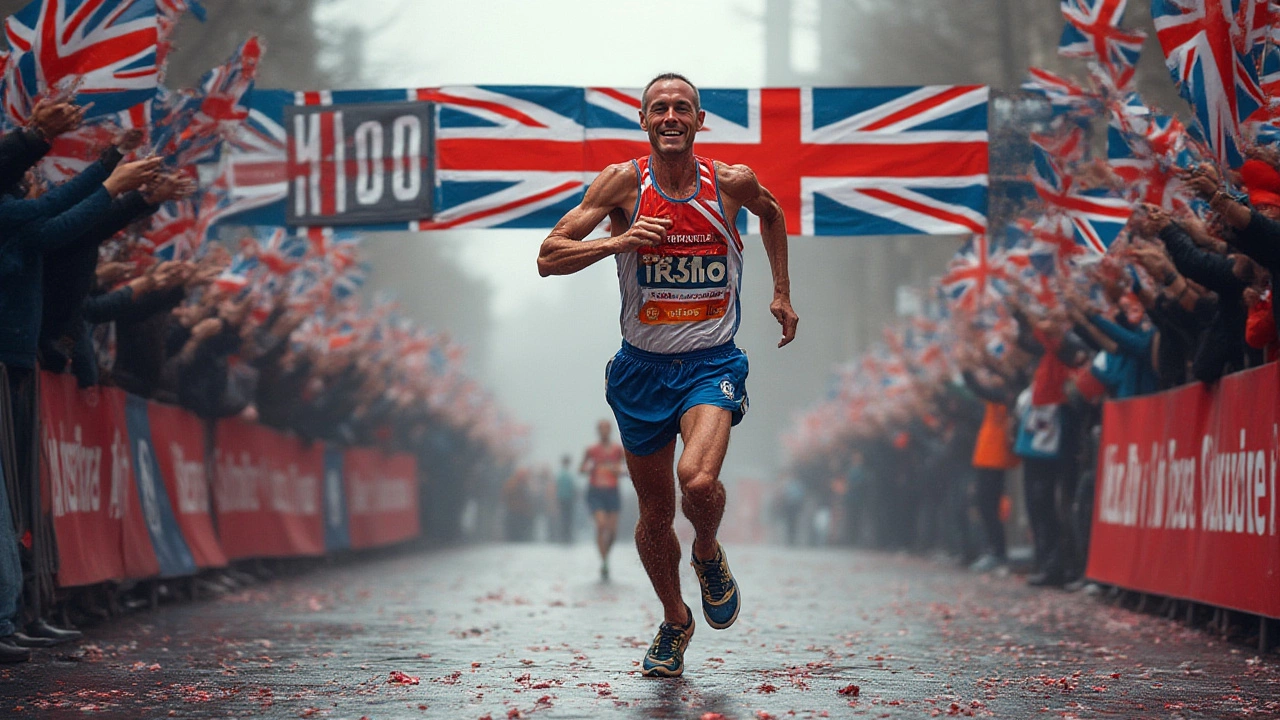Marathon Average Times: What Most Runners Finish In
If you’ve ever wondered how your marathon goal stacks up, you’re not alone. Most runners ask, “What’s a normal marathon time?” The answer depends on age, gender, fitness level and the race itself. In the UK, the overall average finish time for a marathon hovers around 4 hours and 30 minutes. That means half of the runners cross the line faster, and half take longer.
For men, the average is a bit quicker—about 4 hours and 15 minutes—while women typically finish around 4 hours and 45 minutes. These figures come from big events like the London Marathon, where thousands of finishers provide a solid data pool. If you’re aiming for a personal best, knowing the average gives you a realistic benchmark.
Factors That Shift the Average
Course profile matters a lot. A flat, fast route like London or Berlin will push the average down, while hilly courses such as the Boston Marathon raise it. Weather is another wildcard; hot, humid days can add 10‑15 minutes to most runners’ times. Your training background also plays a role—regular long runs, speed work, and a proper taper make a noticeable difference.
Age groups have distinct averages too. Runners under 30 often finish 30‑40 minutes quicker than the overall average, while those over 50 tend to be slower by a similar margin. Knowing where you fit helps you set a goal that feels challenging yet achievable.
Practical Tips to Beat the Average
1. Set a realistic pace early. Use a running watch or a phone app to keep your splits near your target. If you aim for a 4‑hour marathon, that’s about 9:09 per mile. Starting too fast is the fastest way to blow up later.
2. Strengthen your core and legs. Simple body‑weight exercises—planks, squats, lunges—twice a week improve running economy and help you hold your pace longer.
3. Practice race‑day nutrition. Test gels, sports drinks and hydration on your long runs. A misstep on race day can cost you minutes.
4. Include at least one 20‑mile run. This builds the mental stamina you need for the final 6 miles, where most runners hit “the wall.”
5. taper properly. Reduce mileage by 20‑30% in the two weeks before the marathon. Your body will be fresh, and you’ll feel stronger on race day.
Remember, the average isn’t a limit—it’s a reference point. By tweaking your training, pacing, and nutrition, you can shave off the minutes that separate you from the median and move toward your personal best.
Whether you’re a first‑timer eyeing a sub‑5‑hour finish or an experienced runner chasing a new PR, understanding the marathon average gives you a clear target. Use the tips above, stay consistent, and you’ll see the numbers shift in your favor.
Marathon Finish Times Explained: Is 4 Hours 10 Minutes a Good Marathon Time?

Curious if 4:10 is a good marathon time? Break down what this finish means, how it compares, and what it says about your pace, preparation, and running experience.
